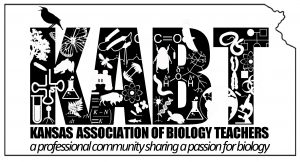NPR Science: February 21
Week of February 21, 2011
Click on the logo above to go the the NPR Science site, or use the links below to navigate to one of the stories that I thought may interest you.
- ‘Fog Of Research’ Clouds Study Of Oil’s Effects In Gulf (4:25)
- World’s Coral Reefs Facing Serious Threats (4:00)
- Cell Phone Radio Waves Excite Brain Cells (4:00)
- Fungus Knocks Out Malaria in Mosquitoes (3:16)
- Child’s 11,500-Year-Old Remains Unearthed in Alaska (3:57)
- Tracing Signals in the Brain (12:13)
- Debating the Potential Dangers of Trangenic Weeds (14:33)
Enjoy listening!

